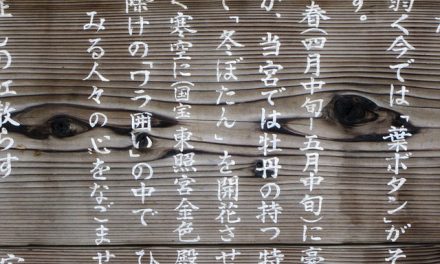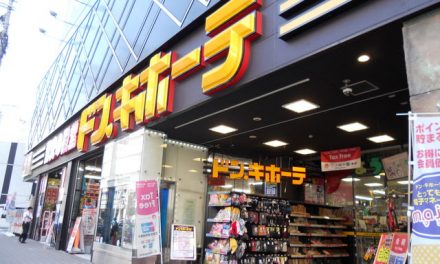Keypoints
- Workers do exercise together in the morning
- Naptime is essential in many Japanese workplaces
- Working overtime is pretty common
You will see something peculiar throughout the day
When you start working at a Japanese workplace, you will encounter many different rules and culture that do not exist in your country. Especially at Japanese large companies where many businesspeople in suits are working, there are some very unique occurrences. In this article I am going to share three moments that typically happen in a Japanese work day that foreign workers may find strange.
Morning meetings and exercises to start the day
At many Japanese firms and stores, there is a meeting every morning where everyone joins and listens to their boss’ speech and some miscellaneous information. For example, when I worked for Uniqlo, about 15 to 20 minutes before the store opened, all employees would gather at a spacious place inside the store, usually in front of the cash registers, and our boss talked about yesterday’s sales and today’s sales goal. Employees would stand during the meeting and listen to him, and would shout “Yoroshiku onegaishimasu!” which can be translated to “let’s do our best” in this context, at the end of the meeting.
In addition to daily meetings, doing physical exercises is a morning routine at some companies. Once a meeting is done, music starts playing and everyone exercises along to the music. This is done to energize the employees and help them work hard from the beginning of the day. I personally think it may be better if they just let their employees sleep a little more instead of having them come to work early to exercise, but who knows? Exercise might be a great way to turn on sleepy workers in the morning.
Lunchtime nap is an oasis at work
Many businesspeople in Japan work long hours, usually from early morning to late night. This simply leads to their lack of sleep, and the result is a naptime during their lunch breaks. Many businesspeople quickly finish eating their lunch and start sleeping at their desks. Usually, they just place their head on their hands or towels on their desk and take a nap under bright office lights. Then after their one hour break is over, they resume their work with their forehead bright red.
At some workplaces, there are even nap areas for workers who want a quiet and dark space to sleep in. For hardworking employees in Japan, naptimes are such an important time to rest and refresh for the rest of the day.
Work, work, work, work, work…
I am not referring to Rihanna’s song. Here, I want to tell you about the most common culture in the Japanese workplace.
In the Japanese workplace, workers can work up to 8 hours a day. So if you start working at 9am, you can leave work at 6pm (including an hour break)… Well, that is not what always happens. In many Japanese firms, working overtime is very normal. The overtime work is called 残業 (zangyou). But don’t worry, there are rules about how much zangyou is allowed and how much extra you can get paid for the zangyou, which is 25% more of your hourly wage. However, some companies do not pay their employees for their zangyou time, or have them work more than they are allowed to. Therefore, it is really crucial to ask your employer if there is a possibility for you to work overtime, and if there is, make sure to check all the rules and policies at work with your employer.
The one and only working experience
From the morning, to lunchtime, to the evening, you will find many unique cultural experiences in Japanese firms. In Japanese companies, you can have a working experience that is nothing like any other!





